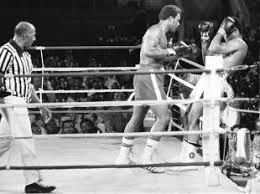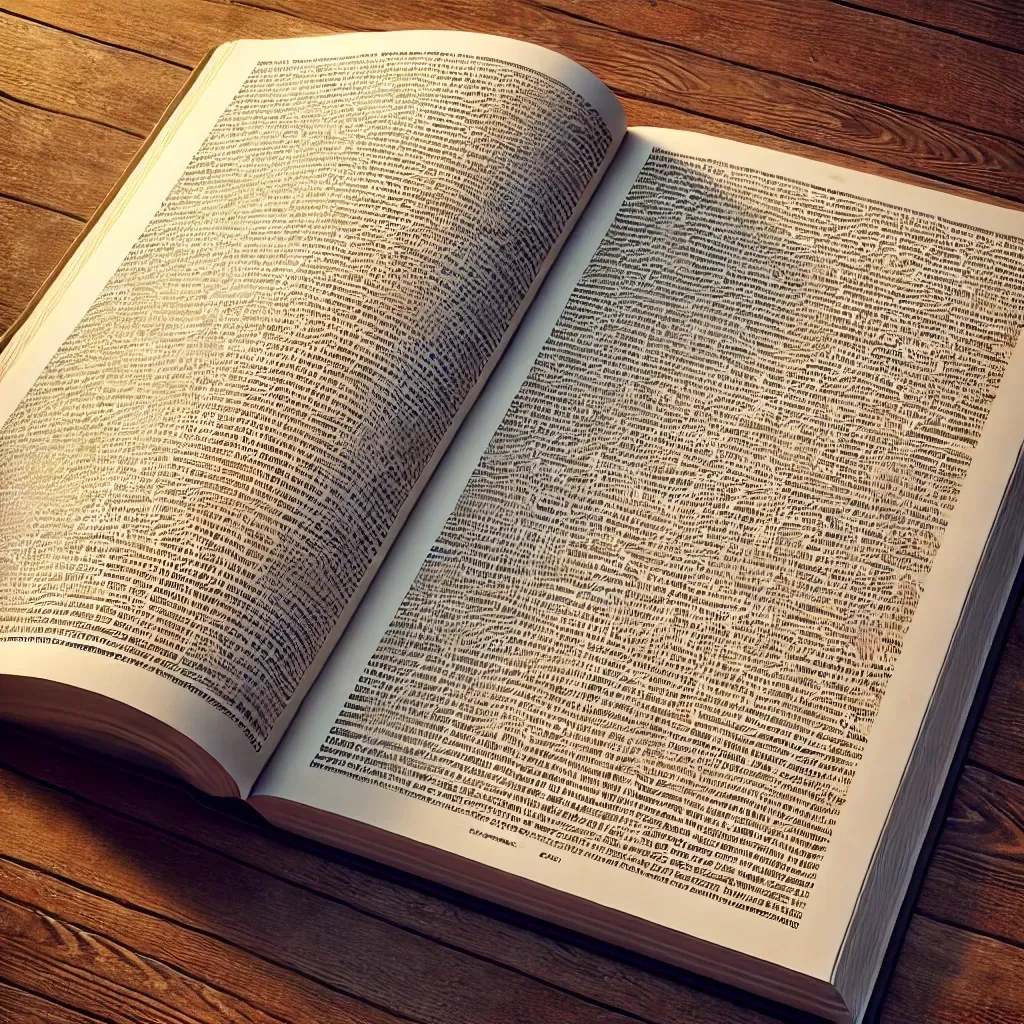Nib #43 — “This Sentence Has Five Words.”
One of the best writing tips the Nib has ever seen comes from the late author Gary Provost, who would have turned 80 this month.
It’s called “This sentence has five words.” And it’s famous for a reason. In just 160 words, Provost covers key composition principles like variety, writing-for-the-ear, audience empathy, and sentence structure. Check it out:
“This sentence has five words. Here are five more words. Five word sentences are fine. But several together become monotonous. Listen to what is happening. The writing is getting boring. The sound of it drones. It's like a stuck record. The ear demands some variety.
"Now listen. I vary the sentence length, and I create music. Music. The writing sings. It has a pleasant rhythm, a lilt, a harmony. I use short sentences. And I use sentences of medium length. And sometimes when I am certain the reader is rested, I will engage him with a sentence of considerable length, a sentence that burns with energy and builds with all the impetus of a crescendo, the roll of the drums, the crash of the cymbals—sounds that say listen to this, it is important.
“So write with a combination of short, medium, and long sentences. Create a sound that pleases the reader's ear. Don't just write words. Write music.”
On this weekend of All Saints and All Souls Days, Inkling remembers Gary Provost the best way a writer can be remembered: with a quick prayer, and by re-reading his best stuff.
Until next week… keep writing!


All Rights Reserved 2024 Inkling Communications | Privacy Policy
Website Designed By Royals Advertising









